A disappearing island: ‘The water is destroying us, one house at a time’ – NPR
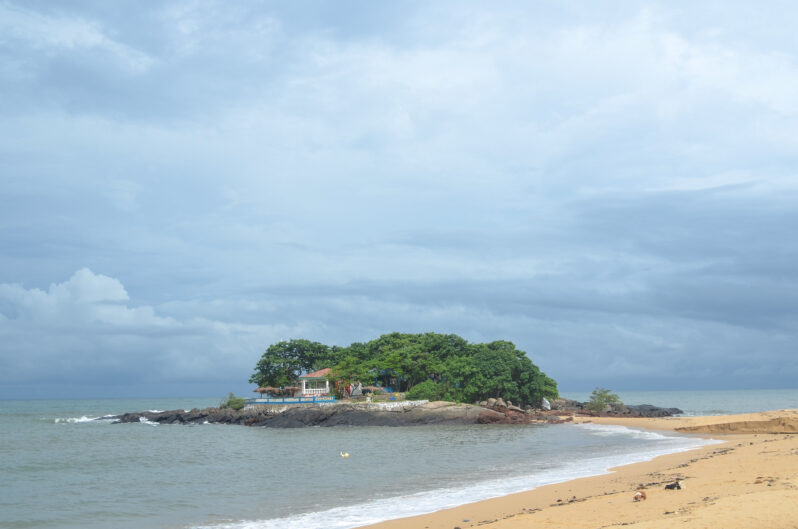
With nearly a third of its population living in coastal areas, and its heavy reliance on subsistence agriculture and fishing, Sierra Leone has been identified as one of the world’s most vulnerable countries to the impacts of climate change, despite having contributed just a tiny fraction of global CO2 emissions. With a GDP per capita of barely $2,000, it is also one of the least prepared to deal with those impacts….
We Traced the Forever Chemicals Getting Into Ocean Ecosystems – the Conversation

PFAS, the “forever chemicals” that have been raising health concerns across the country, are not just a problem in drinking water. As these chemicals leach out of failing septic systems and landfills and wash off airport runways and farm fields, they can end up in streams that ultimately discharge into ocean ecosystems where fish, dolphins, manatees, sharks and other marine species live…
Microplastic-eating plankton may be worsening crisis in oceans, say scientists – the Guardian
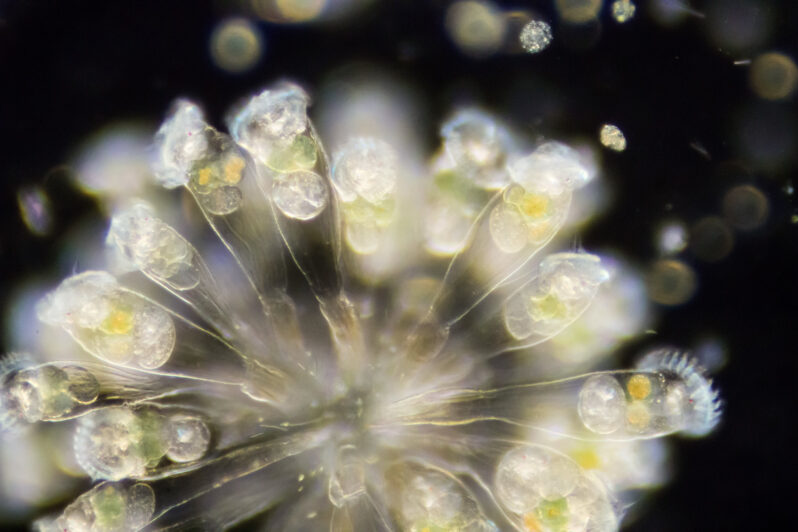
A type of zooplankton found in marine and fresh water can ingest and break down microplastics, scientists have discovered. But rather than providing a solution to the threat plastics pose to aquatic life, the tiny creatures known as rotifers could be accelerating the risk by splitting the particles into thousands of smaller and potentially more dangerous nanoplastics…
The World Is Running Out of Male Sea Turtles – Science Alert
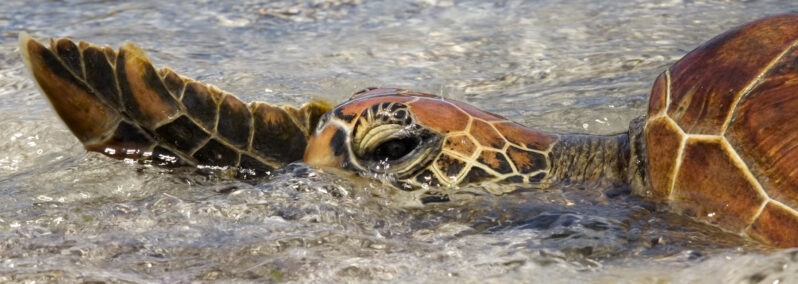
Green sea turtles are already an endangered species, mainly due to humans hunting them, harvesting their eggs, degrading their habitats, or entangling them in garbage of some kind. But they also face another, more insidious threat from people: the loss of male hatchlings from the species…that this is partly caused by rising temperatures due to climate change – but a new study has now unveiled another human-caused problem driving this trend. Certain pollutants may promote feminization in sea turtles, explains lead author Arthur Barraza, a toxicologist with the Australian Rivers Institute at Griffith University…
Is Earth in a New Time Period: The Plasticene? – Frontiers for Young Minds
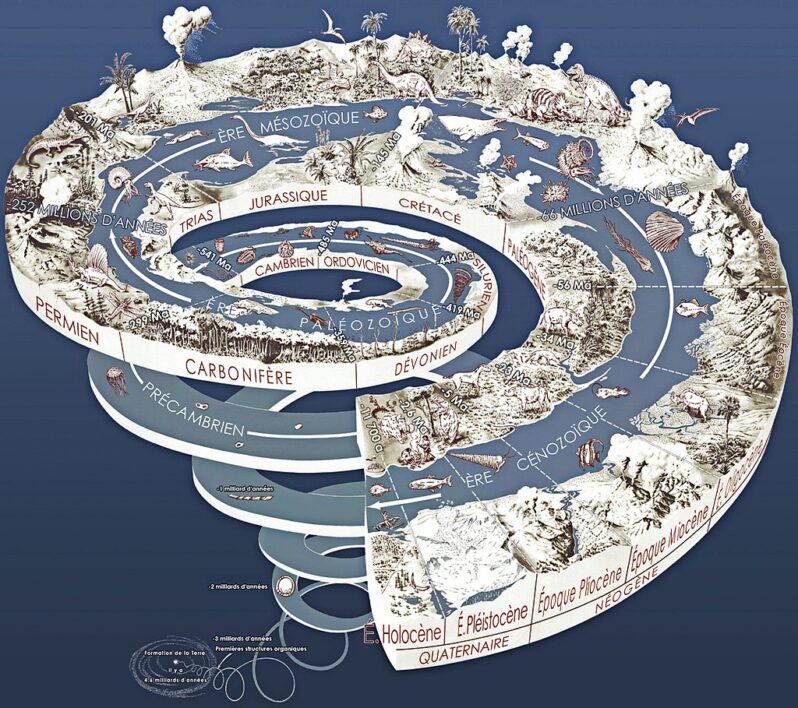
Earth has a special calendar called the geologic time scale…We are currently in the Holocene Epoch, but some scientists believe we have entered a new time called the Anthropocene or the “Age of Humans” because of our impact on the planet. One of the biggest changes humans have made is inventing and using plastic..Because plastic is now found everywhere, some scientists, like us, think we have entered a new stage in Earth’s history called the Plasticene…
Earth Just Had the Hottest 12-Month Span in Recorded History – Scientific American
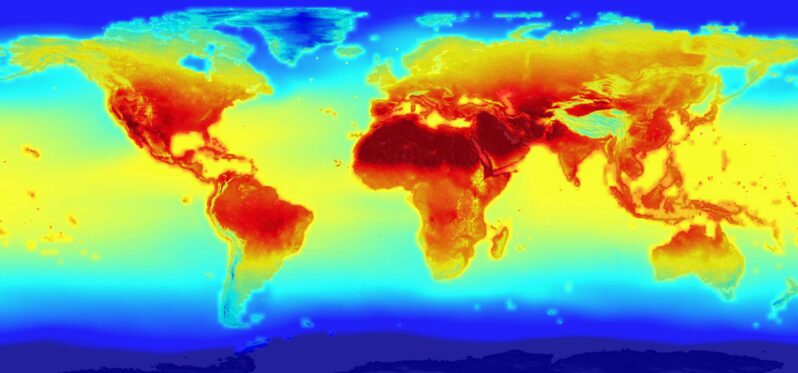
As this past October came to a close, it marked the hottest 12-month period ever recorded, a new analysis finds. This stark milestone is the latest in a string of superlatives to emerge this year that show how much carbon pollution has warmed the planet—and how that trend is accelerating. It also comes just weeks before international negotiators are set to meet and hash out issues around achieving the Paris climate accord’s fundamental goal: limiting global warming to no more than 1.5 degrees Celsius (2.7 degrees Fahrenheit) above preindustrial temperatures…
Oil spill tops 1 million gallons, threatens Gulf of Mexico wildlife – the Washington Post
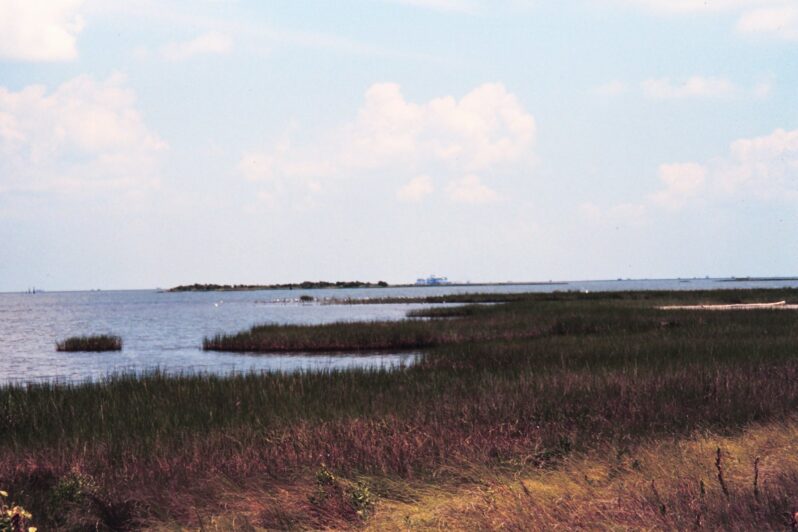
Skimming vessels are working to contain and recover oil from a spill in the Gulf of Mexico off the Louisiana coast, which the U.S. Coast Guard on Tuesday estimated to be at least 1.1 million gallons. The spill was discovered Thursday near a 67-mile pipeline operated by the Main Pass Oil Gathering Co., owned by Houston-based Third Coast Infrastructure, and the Coast Guard said it was still reviewing whether that pipeline was the source of the contamination…
Weaving the Harbor Back to Life – Hakai Magazine
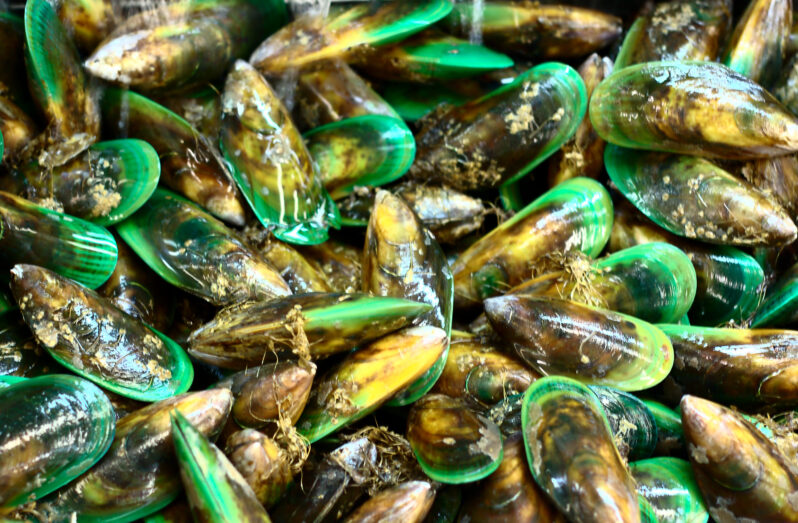
How Māori knowledge is helping to revive the mussel population in New Zealand’s Ōhiwa Harbour…
No, 11,200 Climate Refugees Aren’t Heading to Australia – the New York Times
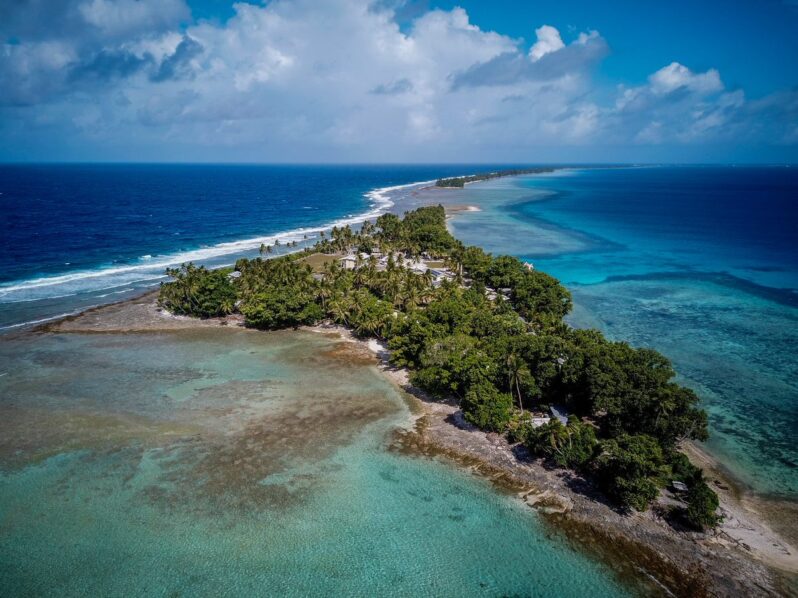
Low-lying Tuvalu has reached a deal with its large Pacific neighbor to address the challenge of rising oceans, but it is not planning to pack up and go…
